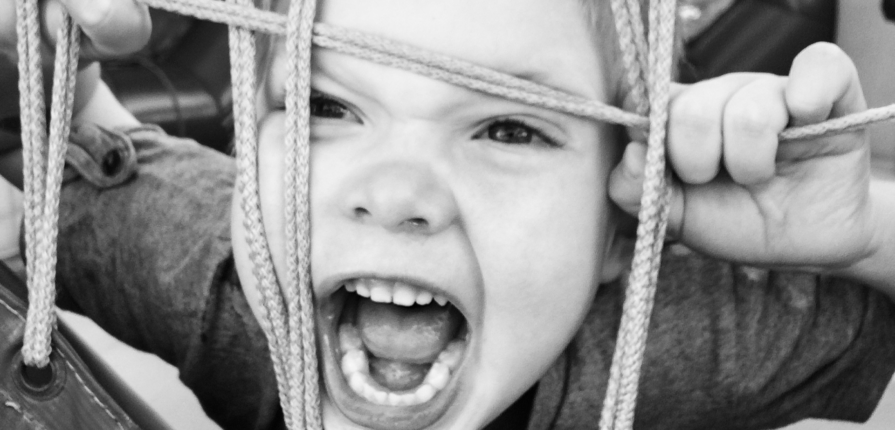If you haven’t figured it out by now–your preschooler is super-smart. They do things every single day to test their growing independence with strong opinions, and Meridian Hills is the perfect place for them to work out their opinions through play.
In these first few days of school you’ve seen your child play with friends, all the while practicing their language skills with these opinions–negotiating to get what they want, figuring out what works, and problem solving when something wasn’t right.
But sometimes they reach the end of their language skills. And patience. The play suddenly turns sour with negative physical interactions, which is every bit of typical and normal for preschoolers. It’s no fun to be the parent of the child that was hurt–and it can be embarrassing to be the parent of the child that was the aggressor.
What can you do at home to work through aggressive behavior?
(There is no need to reinvent the wheel so I’m sharing strategies that align with the philosophy and teaching of Meridian Hills Cooperative.)
COMFORT
Read stories together about some of the angry feelings or aggressive behaviours your child has shown. Talk about the emotions the characters are feeling. Ask your child how else the characters might handle their feelings. Remind your child of situations when she felt that way, too. Recall together whether the outcome was good or bad, and what could have made it end better. Preschoolers are capable of learning alternatives to aggression. The more choices your child can see, the less likely she is to act aggressively.
Praise your preschooler for positive behaviour, without overdoing it. Complimenting your child is especially important when he clearly chooses not to act aggressively. Moderate praise makes your child want to please you.
PLAY
Pretend play gives preschoolers the chance to test different emotions, including anger. If you take part in your child’s pretend play you can be right there to explore other ways to resolve those feelings without physical or indirect aggression.
Take the lead in making up stories where people get frustrated, e.g., “Jennifer was playing ball when Jack came and took the ball from her.” Encourage your child to make up the next part. Ask, “What do you think Jennifer did?” Decide together how everyone in your story will react. Have your child draw pictures to go along with the story and share them with others. Learning to talk about and share feelings are good alternatives to physical aggression.
“Rough and tumble” play is normal in children this age. It helps preschoolers learn social skills, the boundaries of their strength, and when to stop. However, parents need to monitor children’s play. Parents are very important in helping preschoolers master the fine line between rough physical play and physical aggression.
TEACH
If your child hurts someone, include her in treating the hurt child. This helps her to develop empathy for others and understand the pain her actions can cause.
Help your child learn how to apologize and make up. Understanding how to take responsibility for hurting someone and taking steps to make things better are critical skills for preschoolers.
Be a good role model by managing your own frustrations. When you are frustrated, share your feelings and talk about different ways you might cope that are not physically or indirectly aggressive.
Provide routines that include frequent reminders about acceptable and unacceptable behaviour. For instance, if you go to the park, remind your preschooler that it’s important to wait her turn and not push her way into line.
Communicate rules and limits and be sure they are age appropriate. Talk about these daily to ensure that they are understood. Observe, monitor and respond consistently when rules are broken.
Positive Parenting Strategies to PREVENT Aggression
Observe what happened before, during and after aggression. Look at what triggered it, who the victim was, what the behaviour was, where it occurred, what stopped it, and how everyone felt about it afterward.
Be patient, firm, direct and consistent in your directions and requests regarding your family’s expectations on manners, chores, routines, and ways of interacting with others. This helps your preschooler understand and manage his emotions and relationships on a daily basis.
Set a good example for your child. Modeling positive ways to resolve conflict and communicate when emotions are involved has a big impact on your child’s development of positive social skills.



